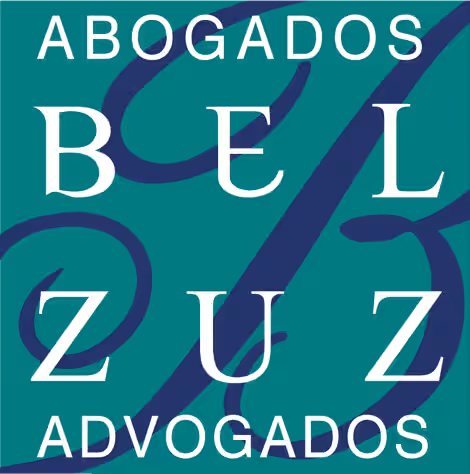Under Portuguese law, advertising communications must be objective, clear, truthful and verifiable. This means that leadership claims will only be legitimate if supported by concrete data: market shares, independent studies, or recognized metrics. In the absence of such factual basis, the advertiser risks having its conduct qualified as misleading advertising, punishable under both civil and administrative offence regimes.
Furthermore, even when they do not expressly mention competing brands or companies, “No. 1” slogans carry an implicit message: all other competitors offer inferior quality.
This perception can turn communication into a form of implicit comparative advertising, which is only admissible if the comparison is objective, verifiable, does not mislead the consumer and does not discredit competitors. Otherwise, such claims may be classified as unlawful comparative advertising.
The legal implications do not end there. Leadership claims may also constitute unfair commercial practices.
- In the B2C context (in relation to consumers), they may mislead consumers about the essential characteristics of the product being marketed or about the operator’s/advertiser’s position in the market, violating the regime on unfair commercial practices;
- In the B2B context (in relations between businesses), even apparently truthful statements may be considered unlawful if they are likely to distort the perception of other economic operators, influence their decisions and undermine fair competition.
Finally, and no less importantly, invoking an unsubstantiated leadership status may constitute an act of unfair competition, especially when it causes confusion or conveys false or unverified information about the quality and usefulness of the product in question.
It should be emphasized that the burden of proving the truthfulness of the claims always lies with the advertiser.
In Portugal, the Directorate-General for Consumer Affairs (“Direção-Geral do Consumidor”) is the competent authority to supervise and investigate advertising infringements, while ASAE (“Autoridade de Segurança Alimentar e Económica”) monitors unfair practices between companies.
Therefore, the use of leadership claims without verifiable support may fall, cumulatively or alternatively, under the above-mentioned legal categories of misleading advertising, unlawful comparative advertising, unfair commercial practices and unfair competition, all of which may give rise to civil and administrative liability, as well as justify the adoption of urgent interim measures aimed at immediately stopping unlawful conduct.
At Belzuz Abogados, S.L.P., we have an experienced team ready to provide legal advice in the field of advertising, offering specialized support to ensure compliance with applicable regulations.
